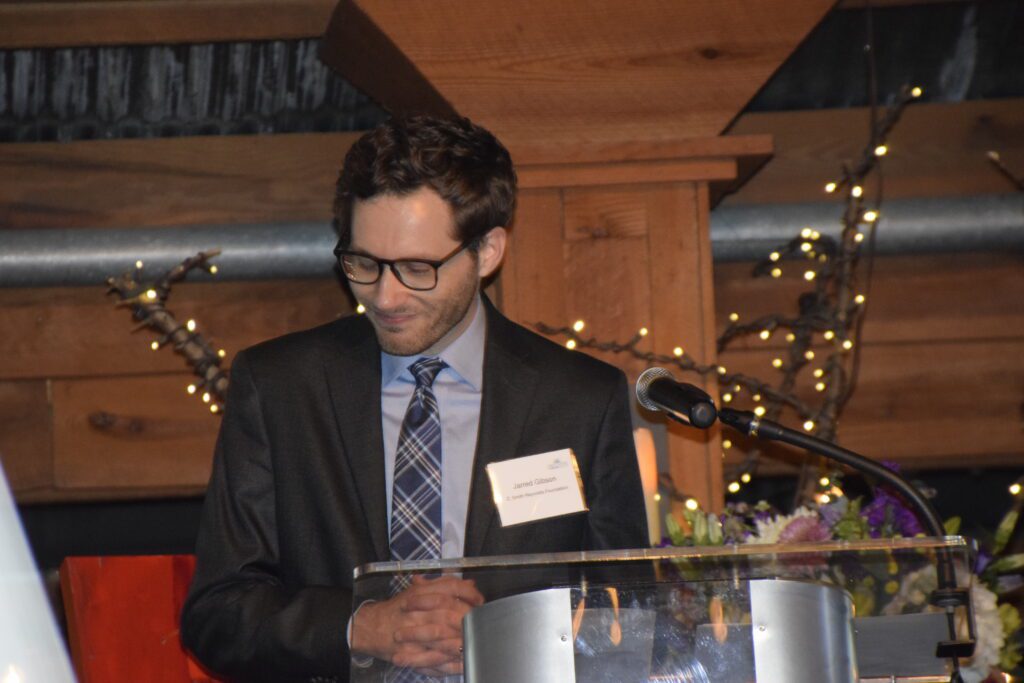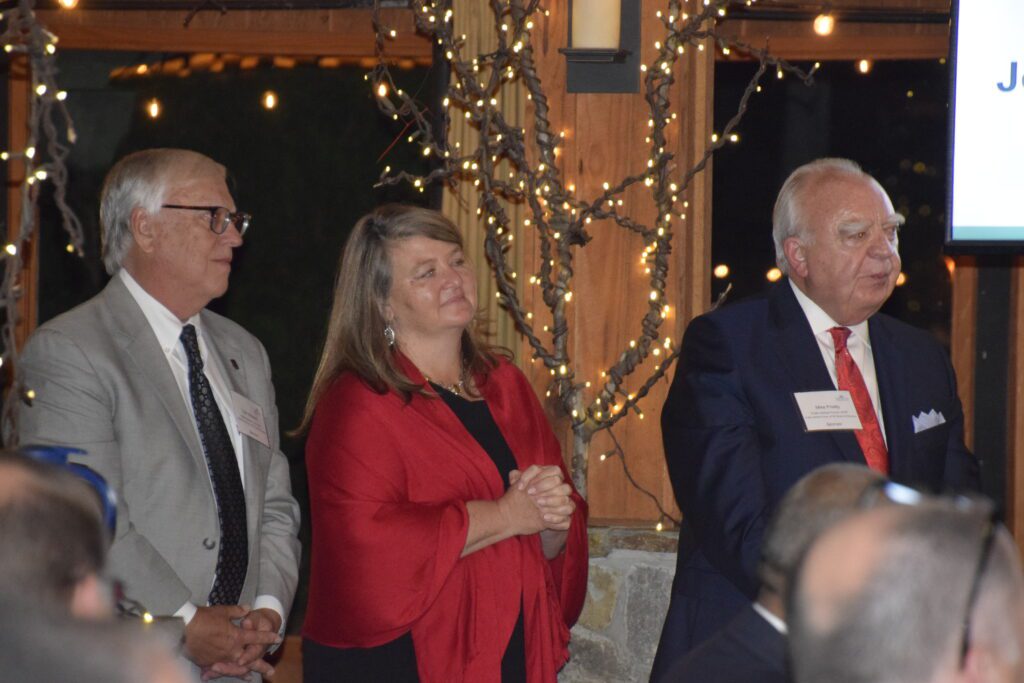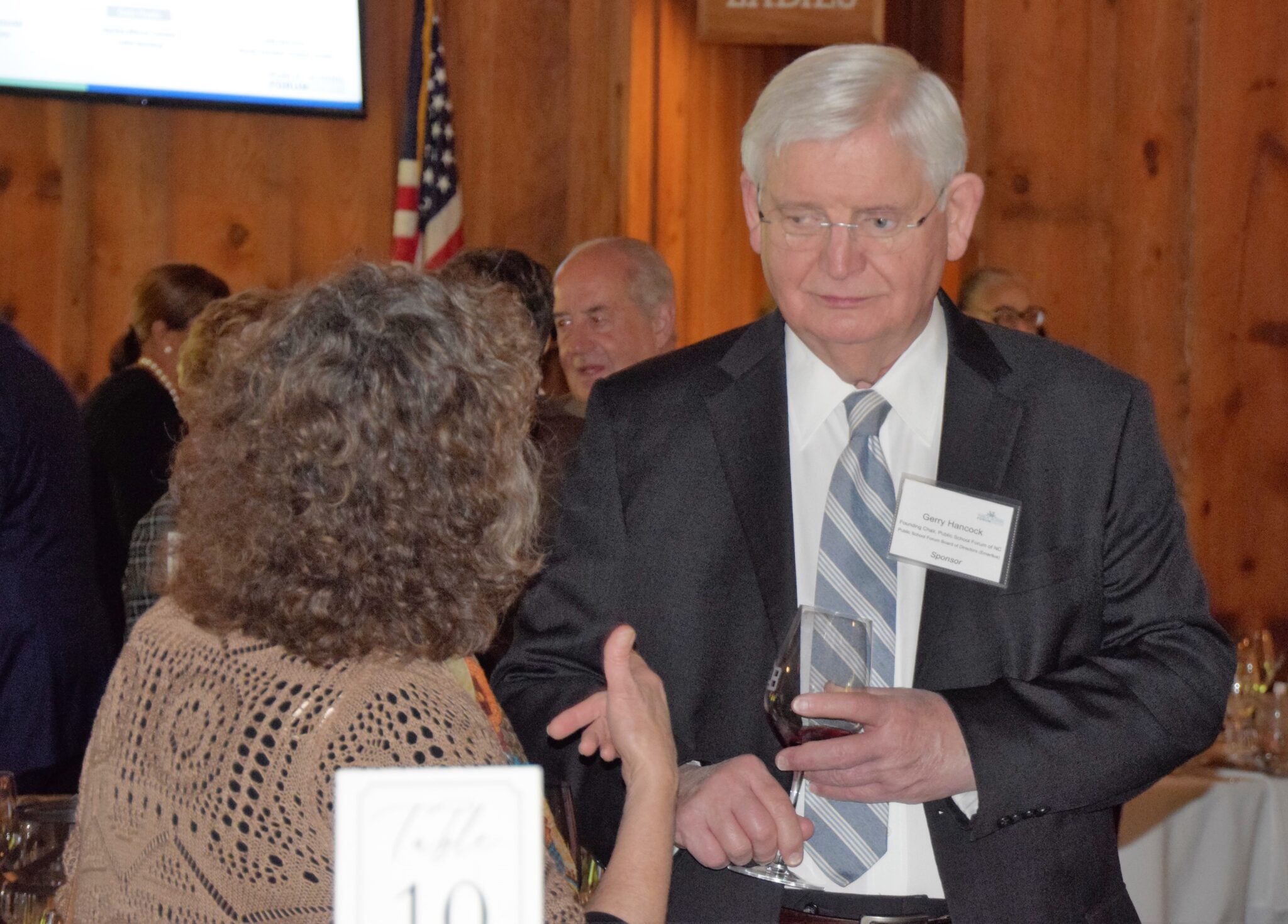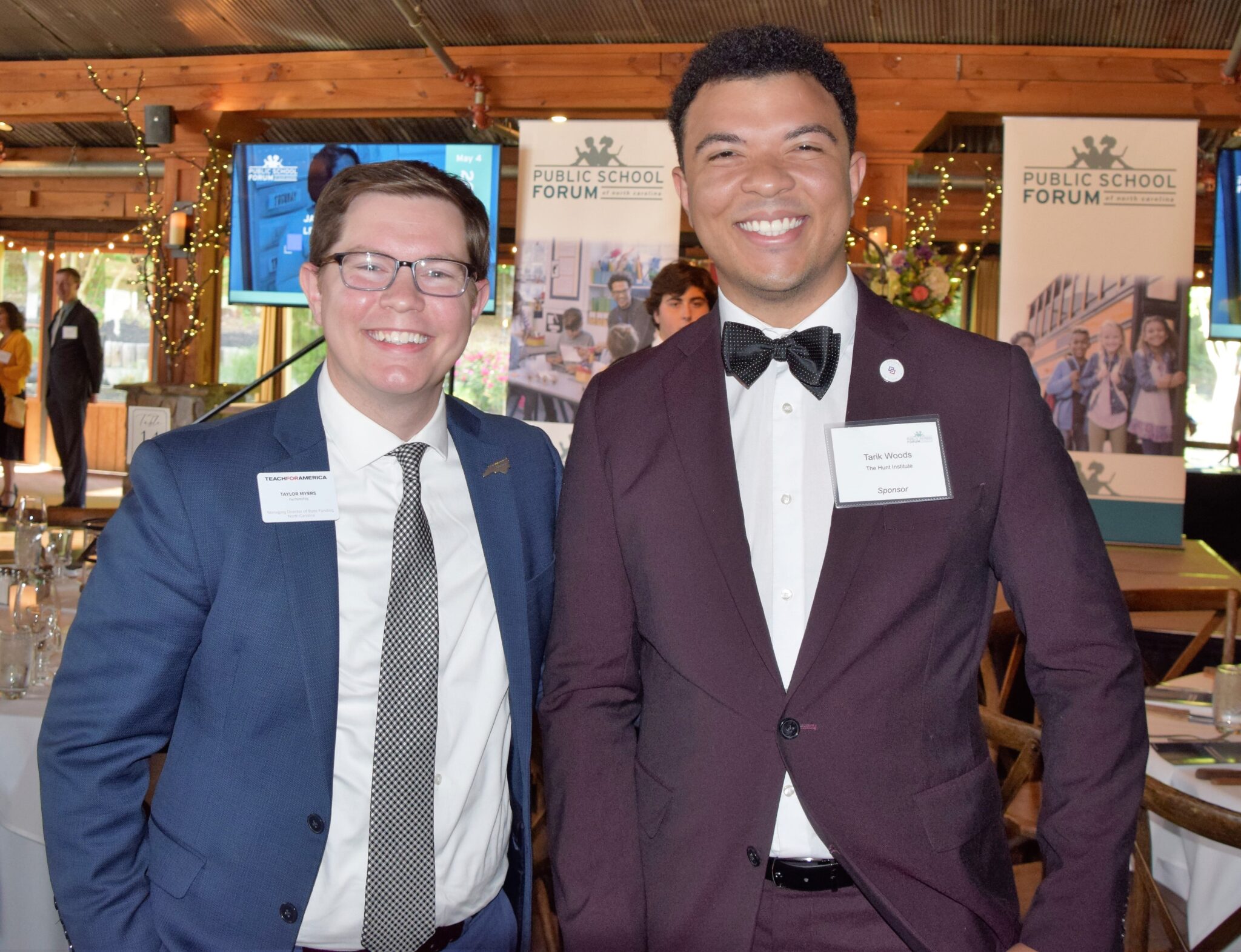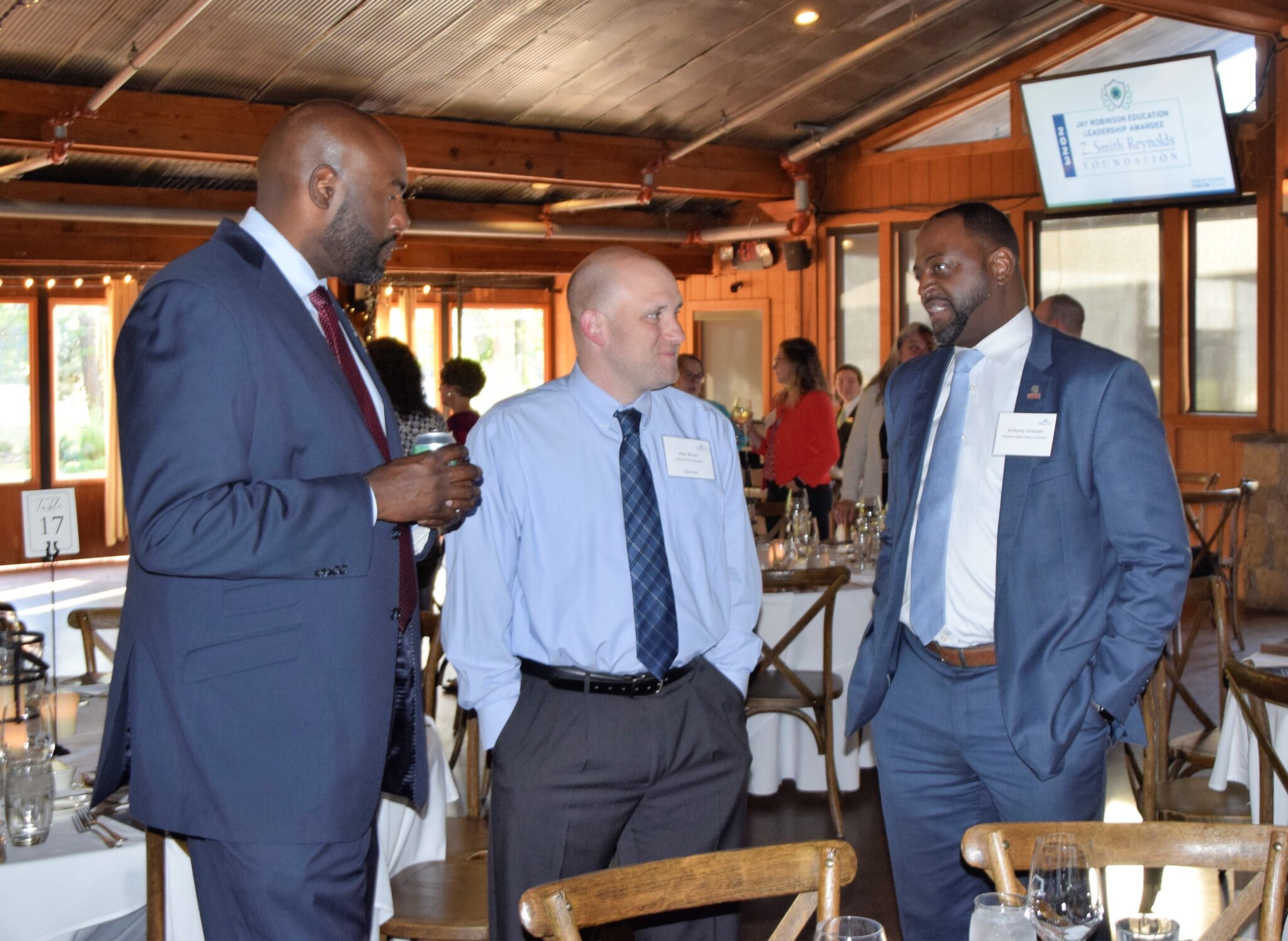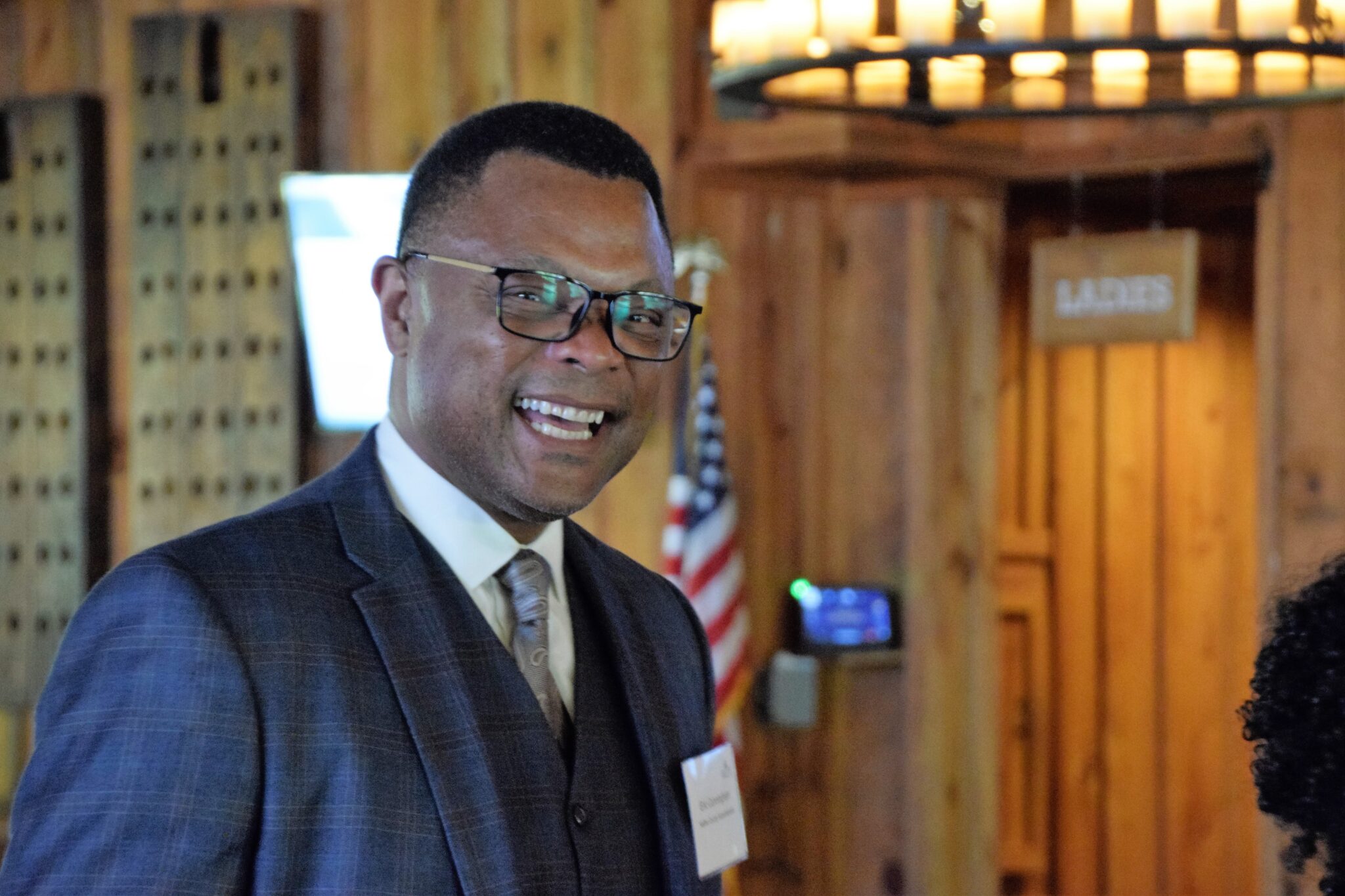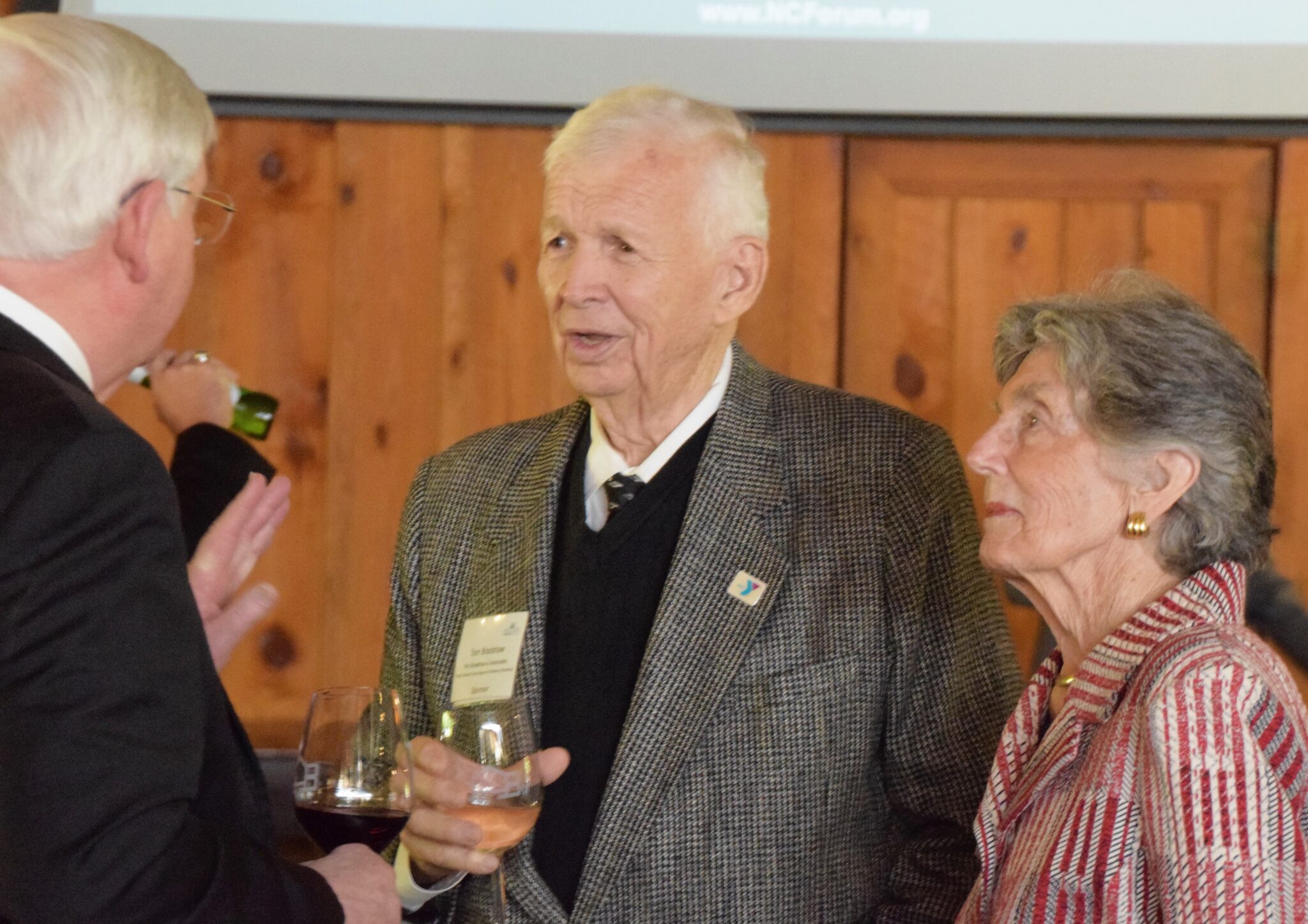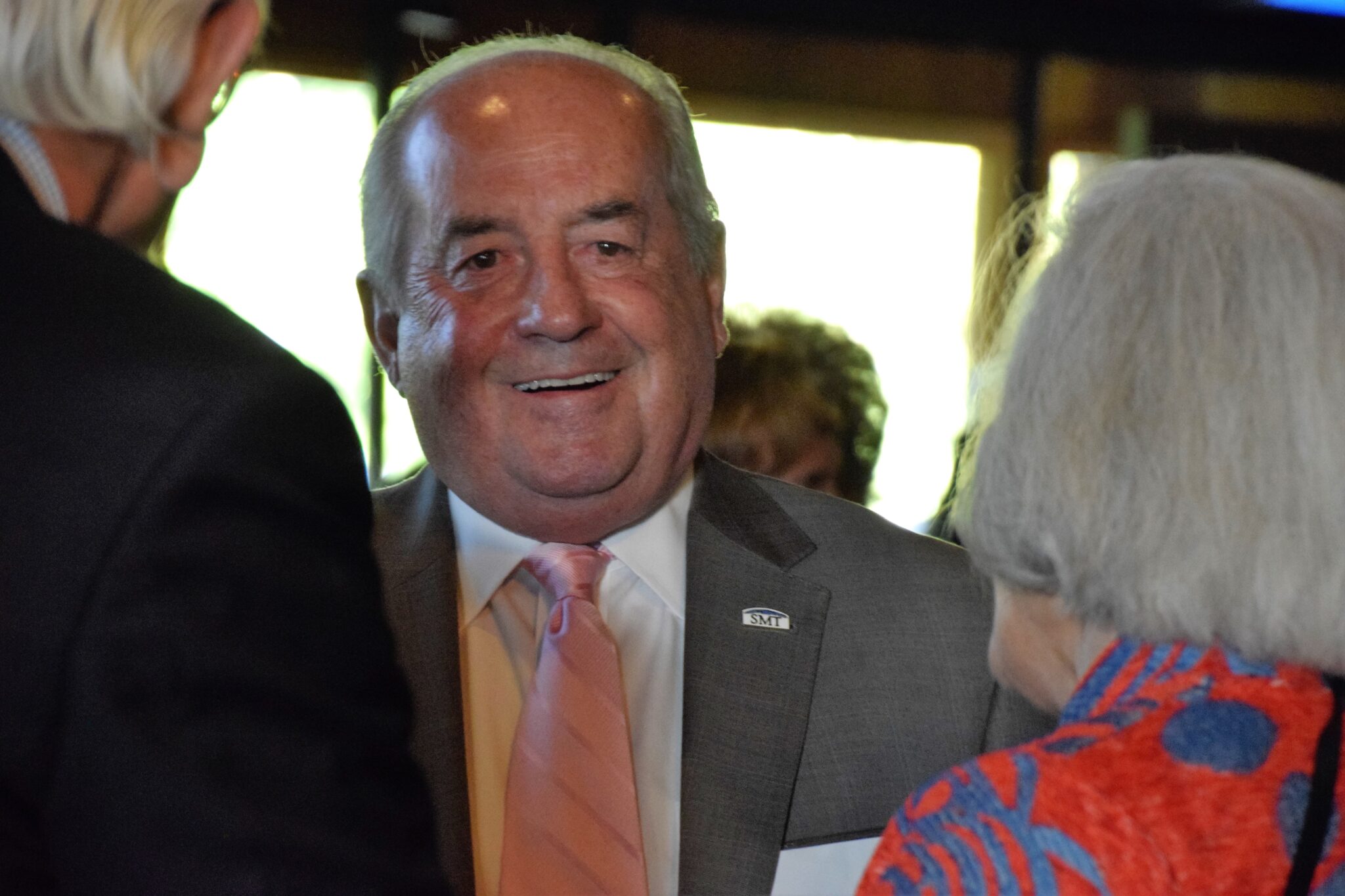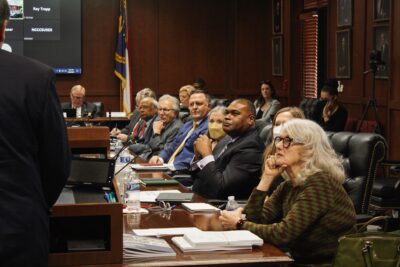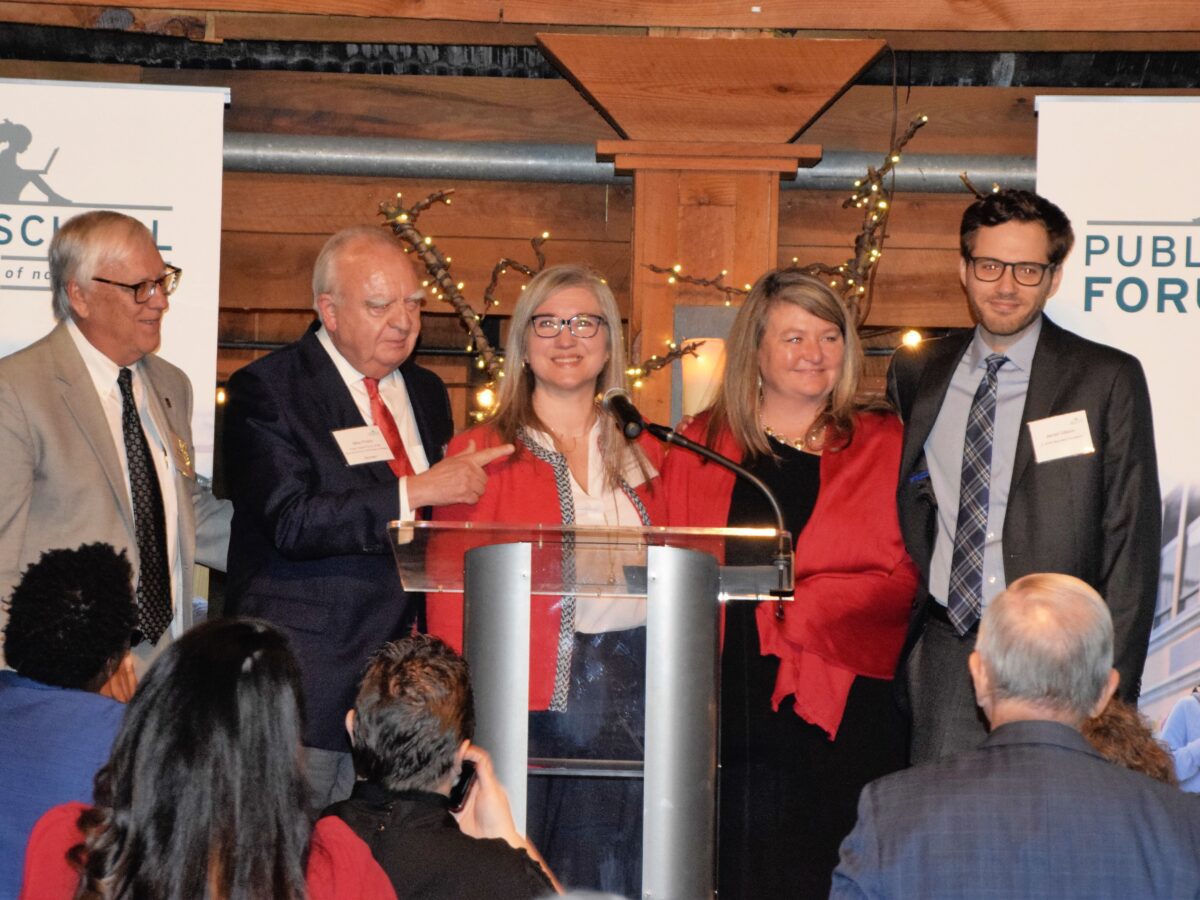
|
|
As a layman who is not bound by a doctor’s need for scientific proof, I can wonder if that sense of place does not somehow grab hold of a cell within us and become part of our very marrow… So it is with our spirit as a North Carolina people. In the end our sense of place is captured in the lives that have touched those places and been formed by them. A sense of place cannot be unconnected to people.
Tom Lambeth wrote those words two decades ago in an annual report of the Z. Smith Reynolds Foundation (ZSR), which he served for 22 years as executive director. Lambeth’s essay speaks not only to his deep devotion to North Carolina but also to the embedded value system of a philanthropy with a distinctive “legal mandate’’ to make grants within this state.
A core commitment of the foundation was celebrated last evening when the Public School Forum of North Carolina gave ZSR as an institution the Jay Robinson Education Leadership Award. The Forum cited the foundation’s efforts to recruit and retain teachers and to carry out the judicial rulings that every child has a right to the opportunity for a sound, basic education.
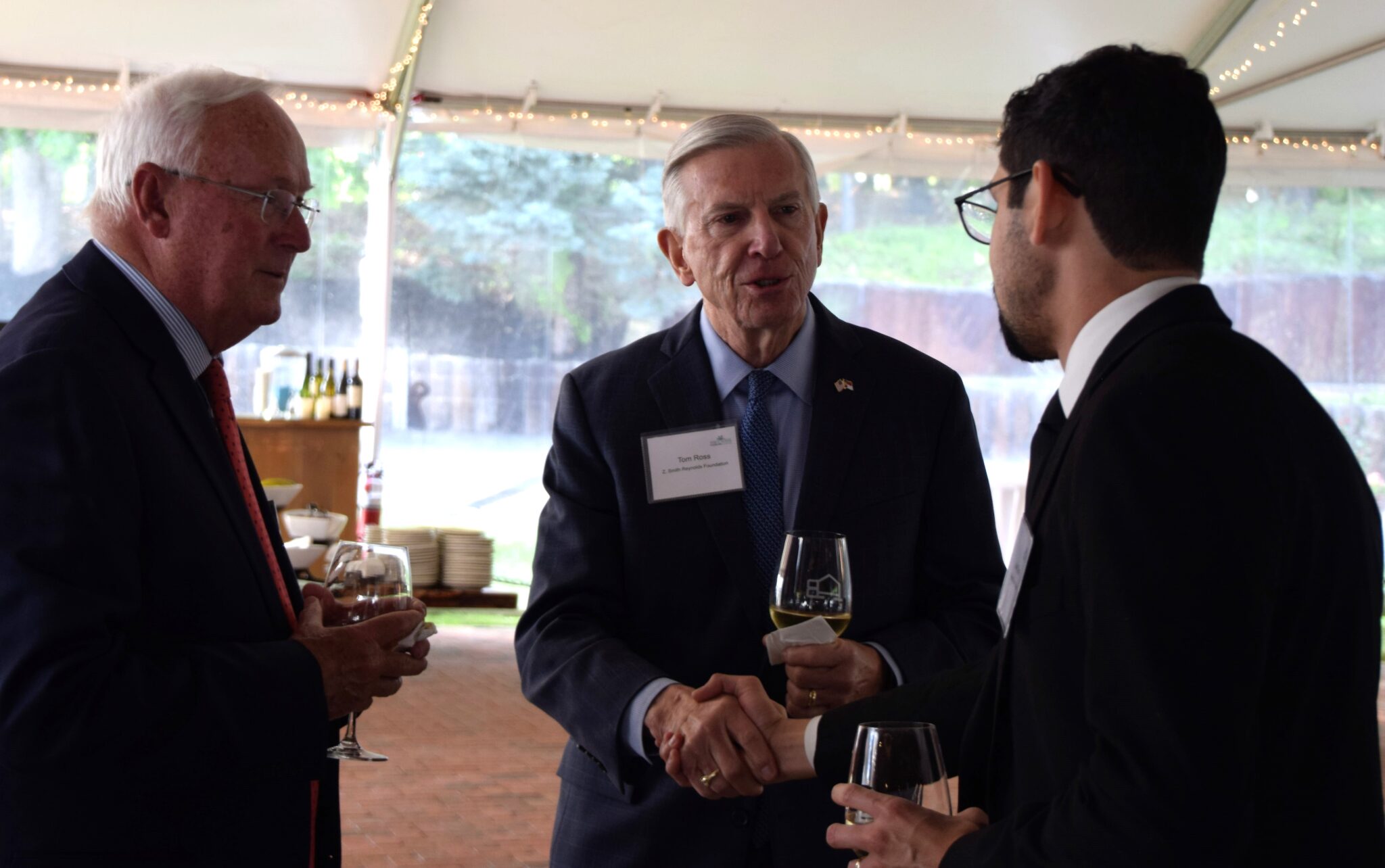
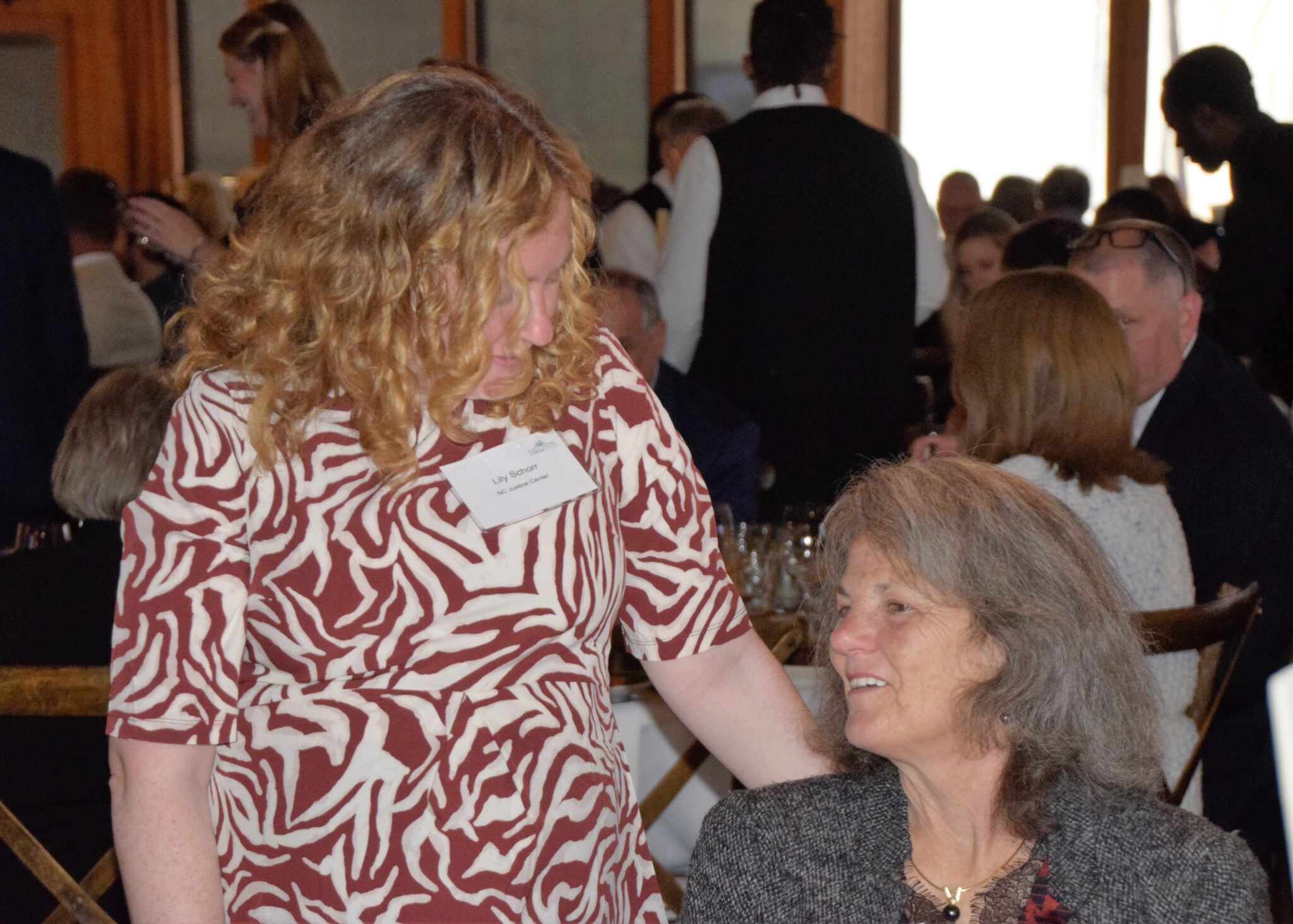

“Public education is a critical underpinning of our democracy.
…
I don’t take public education for granted.
Like our democracy, it is not a given.
It requires that people fight for it.
Fight for all of the North Carolina children, year after year, generation after generation.”
— Joy Vermillion Heinsohn, Executive Director, The Z. Smith Reynolds Foundation
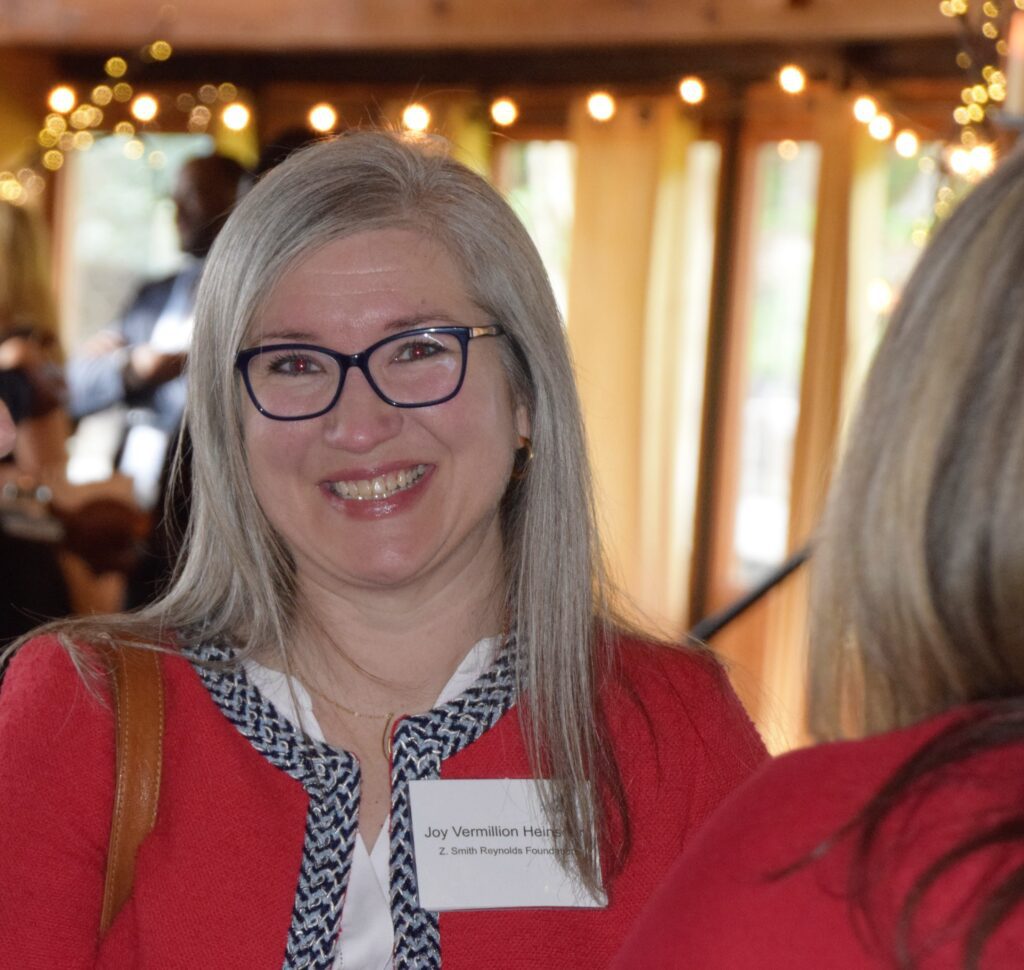
In this case, the leadership award is akin to a child honoring a parent. In 1985, the foundation established the Forum to produce research and advocacy on behalf of public education. Then, with the foundation’s support, the Forum originated the NC Teaching Fellows scholarships for young people who would commit to serving at least four years in public schools.
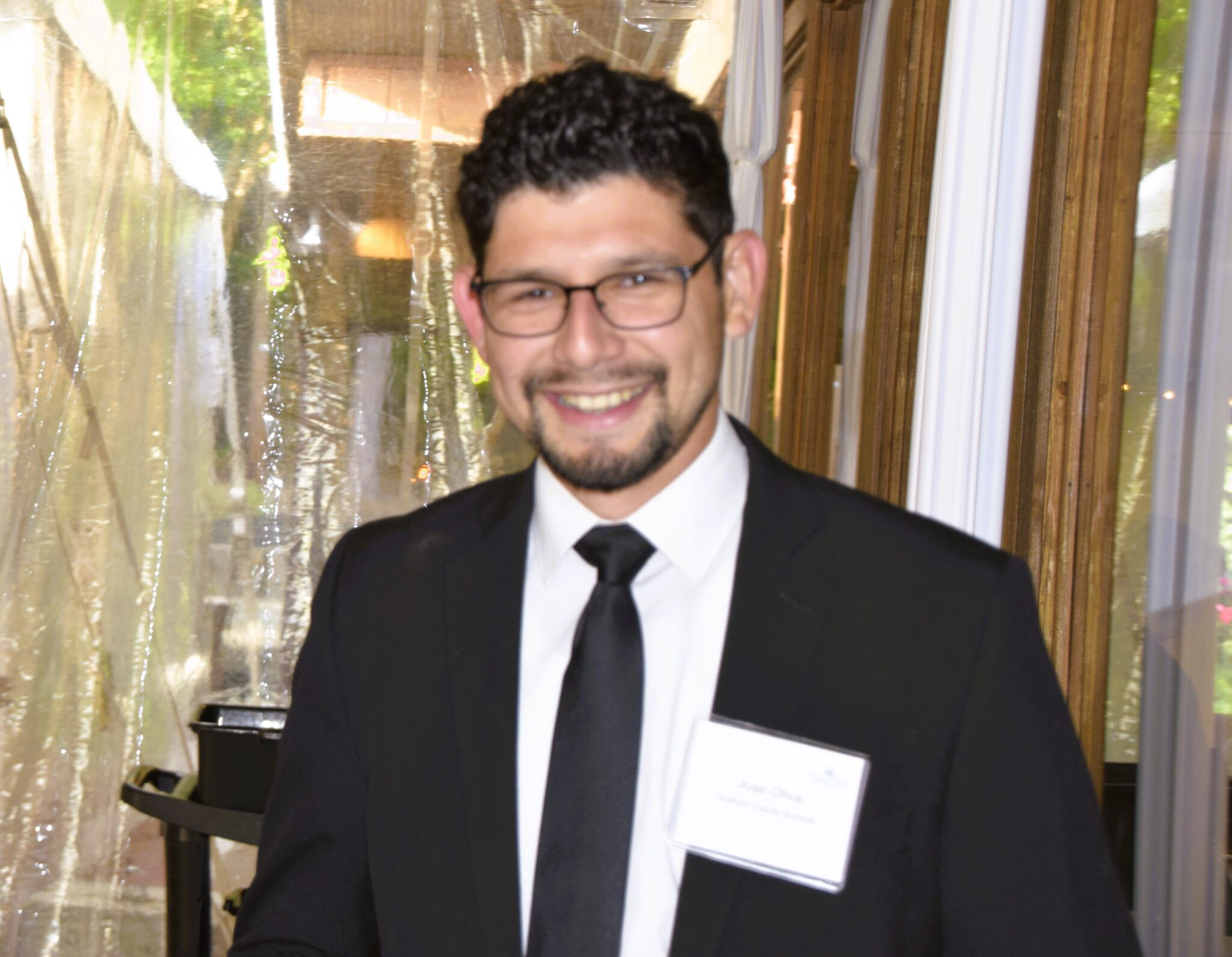
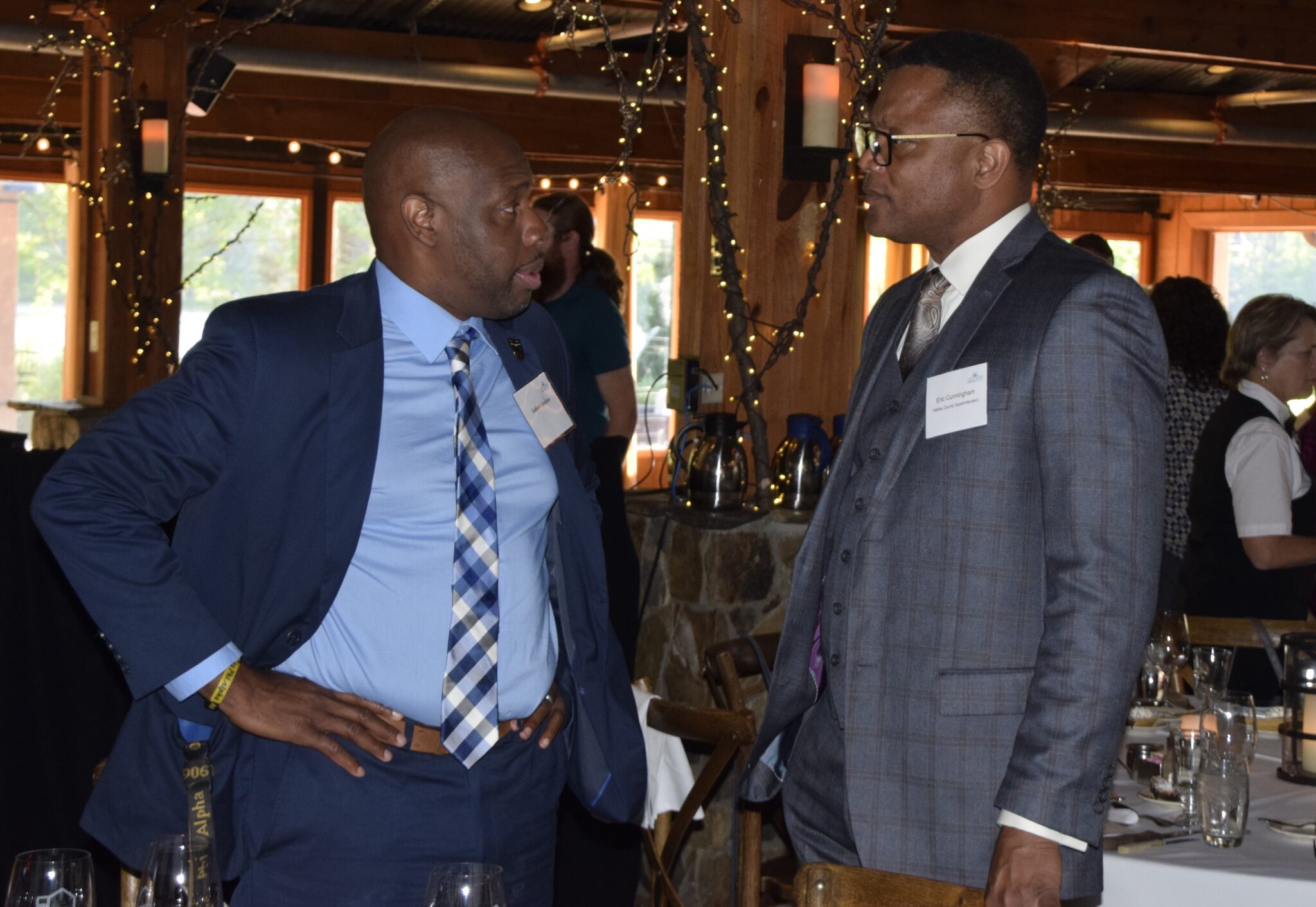
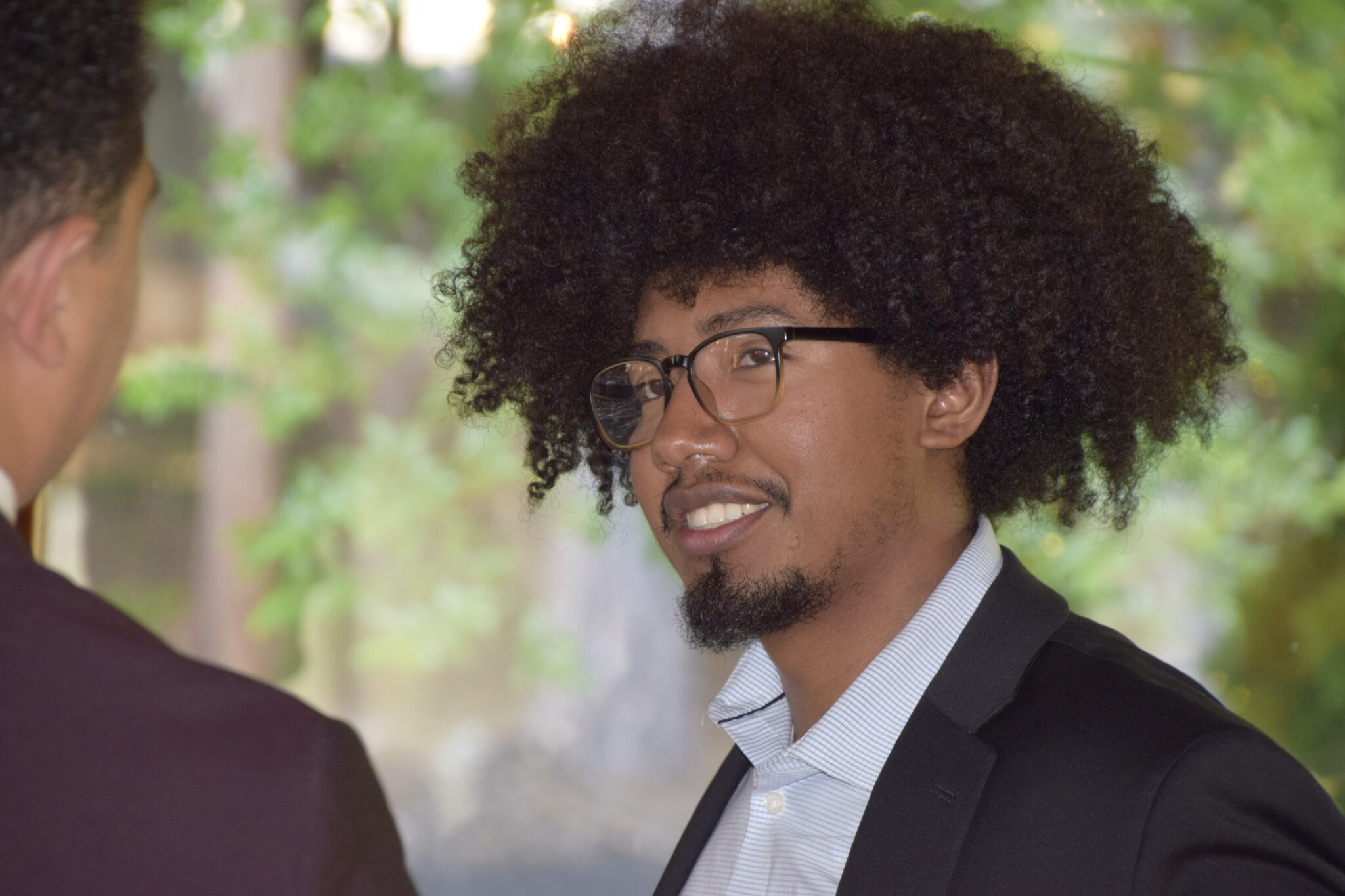
The idea that education serves as a driving force in individual lives and in the life of a state has long been in the DNA of ZSR’s trustees, executive directors, and staff. Over the past 70 years, ZSR has listed nearly $55 million in grants to support public education, and more than $667 million overall, many of them of less than $100,000 but vital to community-based initiatives.
The foundation was founded in 1936, four years after the death of Z. Smith Reynolds, the youngest son of cigarette manufacturing baron R.J. Reynolds. Smith Reynolds died at age 21 by gunshot in murky unresolved circumstances. His three siblings established the foundation with his share of the inheritance.
In the North Carolina of the 1930s, poverty, illiteracy, and ill health ran rampant. The ZSR foundation signaled early in its history that it would confront societal problems. Its first grant, made to the state health department, launched a 10-year fight against venereal disease. In the 1960s, ZSR supported the North Carolina Fund, an anti-poverty, community-empowerment initiative of Gov. Terry Sanford.
Initially, ZSR focused on higher education, mostly significantly in the moving of Wake Forest University from Wake County to Winston-Salem. The foundation endowed some professorships and provided funding for scholarships, in particular for women and Black students.
By the mid-1980s, ZSR adopted defined focus areas, including what it terms “pre-collegiate’’ education. In addition to the Public School Forum, the foundation has provided start-up and/or sustained support for such state and local institutions as Teach for America, SmartStart, Communities in Schools, Center for Racial Equity in Education, several county education partnerships and EducationNC.
Here, to be transparent and to express gratitude, let me acknowledge that I am not neutral about the ZSR Foundation. A ZSR grant, along with the guidance of Tom Lambeth, opened a pathway for my joining the UNC-Chapel Hill faculty and directing the UNC Program on Public Life. Also, ZSR has provided sustained support for EducationNC, beginning with a proposal that Gerry Hancock and I presented to then-executive director Leslie Winner, whose rigorous probing in turn added energy to the core idea.
In addition to its enduring support for public preK-12 education, the ZSR foundation has contributed to building an array of institutions across the North Carolina civic landscape — with the goals of protecting the environment, stimulating rural community development, removing barriers and thus lifting up women and minorities, and strengthening democracy.
The foundation has funded research studies and convened conversations on public policy, while gaining a reputation for sustaining support for people and institutions addressing tough problems not solved with a quick fix. The education leadership award serves as rightful recognition, but no doubt it’s a pleasant interlude in ZSR’s persistence in supporting and improving North Carolina’s public schools.
In a state long divided by competing economic and social perspectives, ZSR has served as a major tributary to the modernizing, progress-oriented stream of North Carolina thought that embraces the challenges of change. In many ways, the foundation has helped North Carolina to keep in touch with itself — retaining a special sense of place as it has grown into an American mega-state.
“We won’t accept that what’s not good enough for my child is somehow ok for other people’s children.
We won’t accept being named the best state for business while also being one of the worst for funding public schools.
We will not accept that students of color and students with disabilities are suspended and expelled at disproportionately high rates or that queer and trans students attempt suicide far more often than other students.
We won’t accept the teaching of an inaccurate or incomplete version of our history or the banning of books thereby denying students a full understanding of our world.
Instead we will fight to support and fully fund our public schools while also transforming them to be the inclusive and equitable institutions they should have always been.
–Jarred Gibson, Program Officer, Z. Smith Reynolds Foundation
